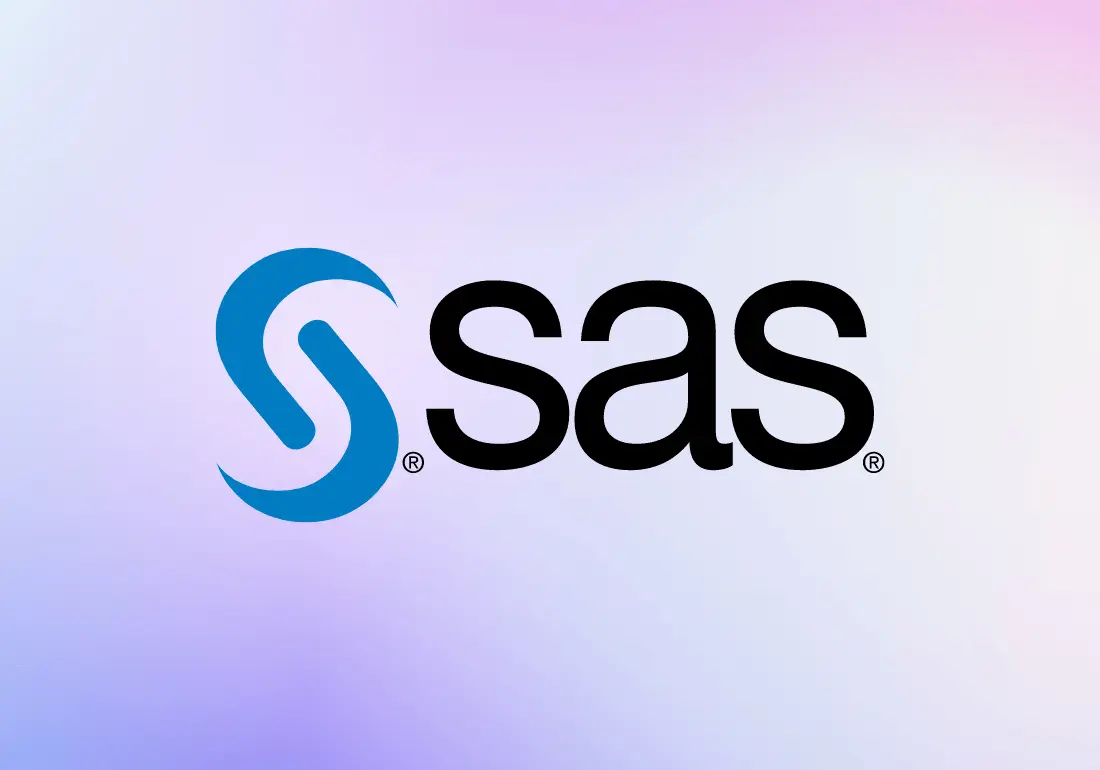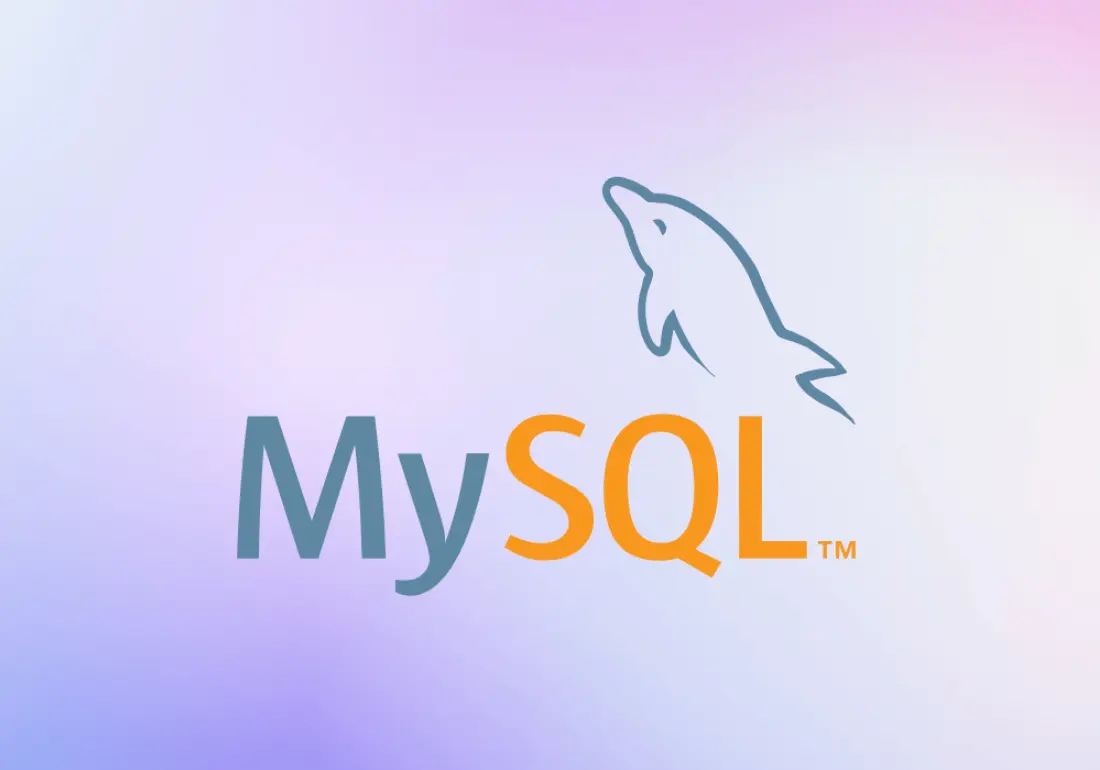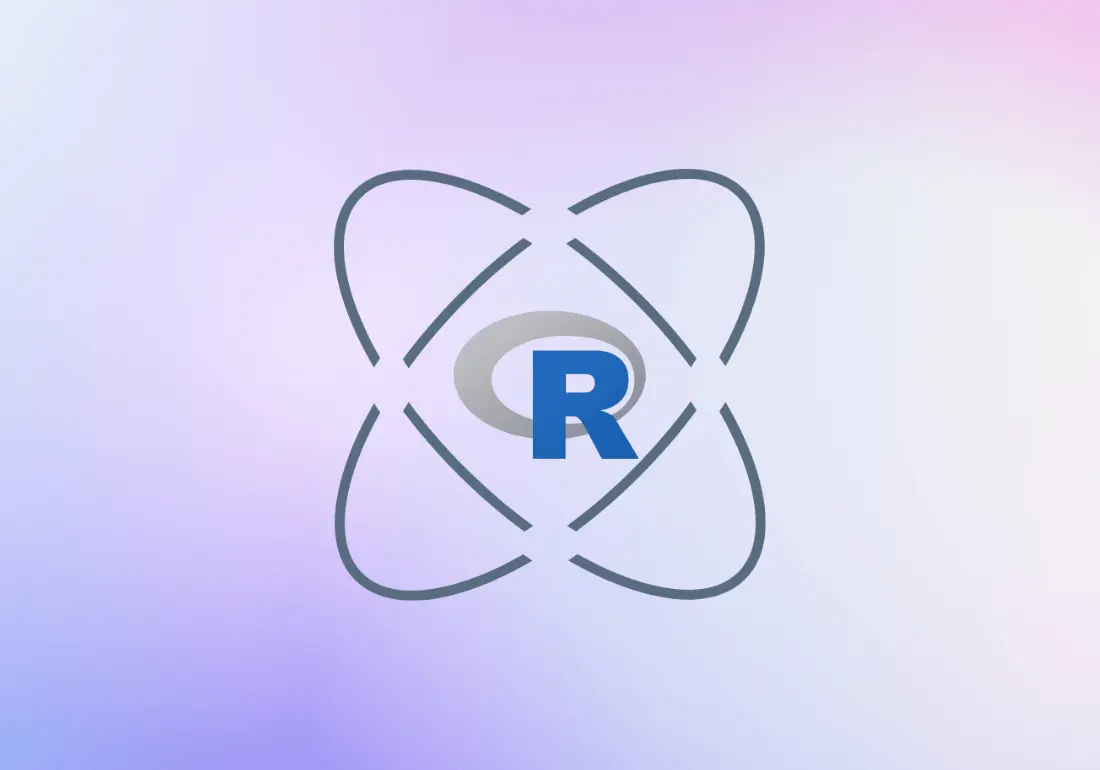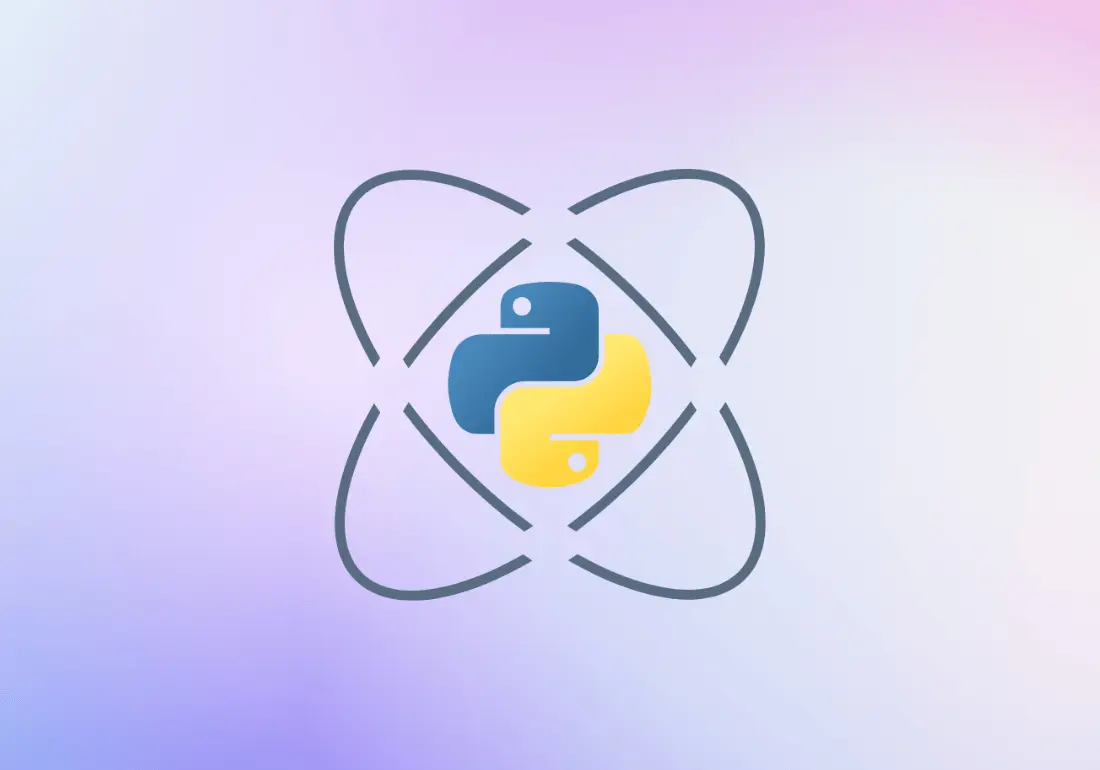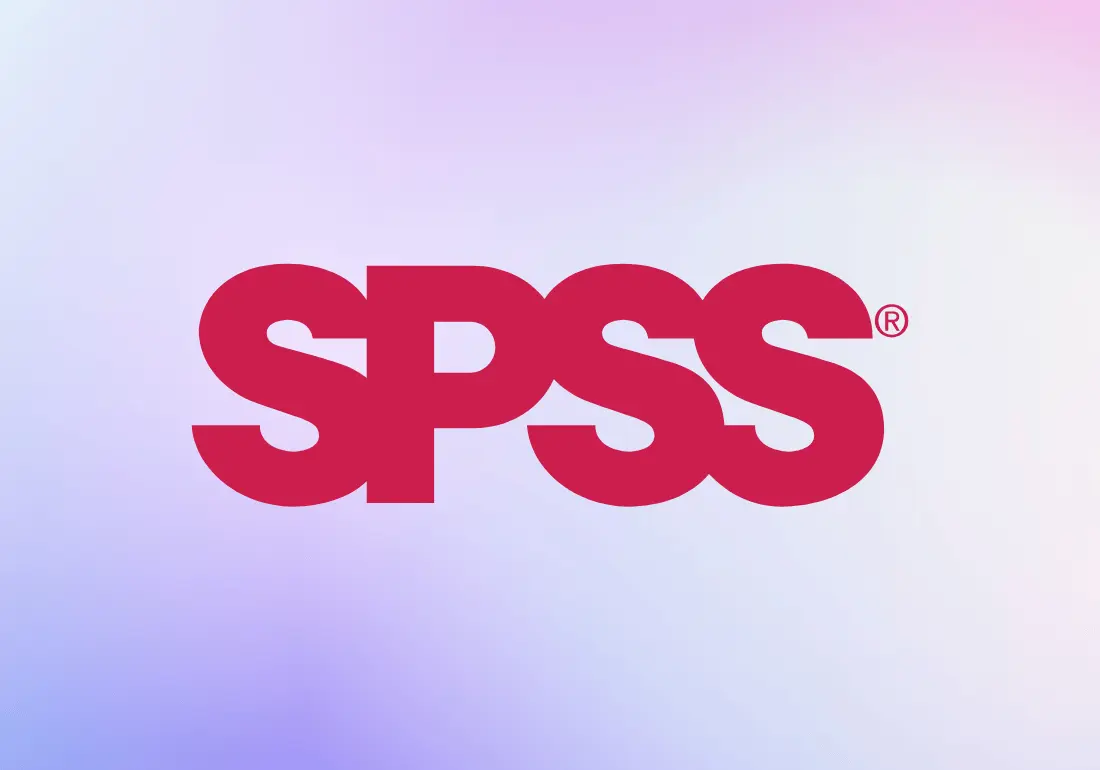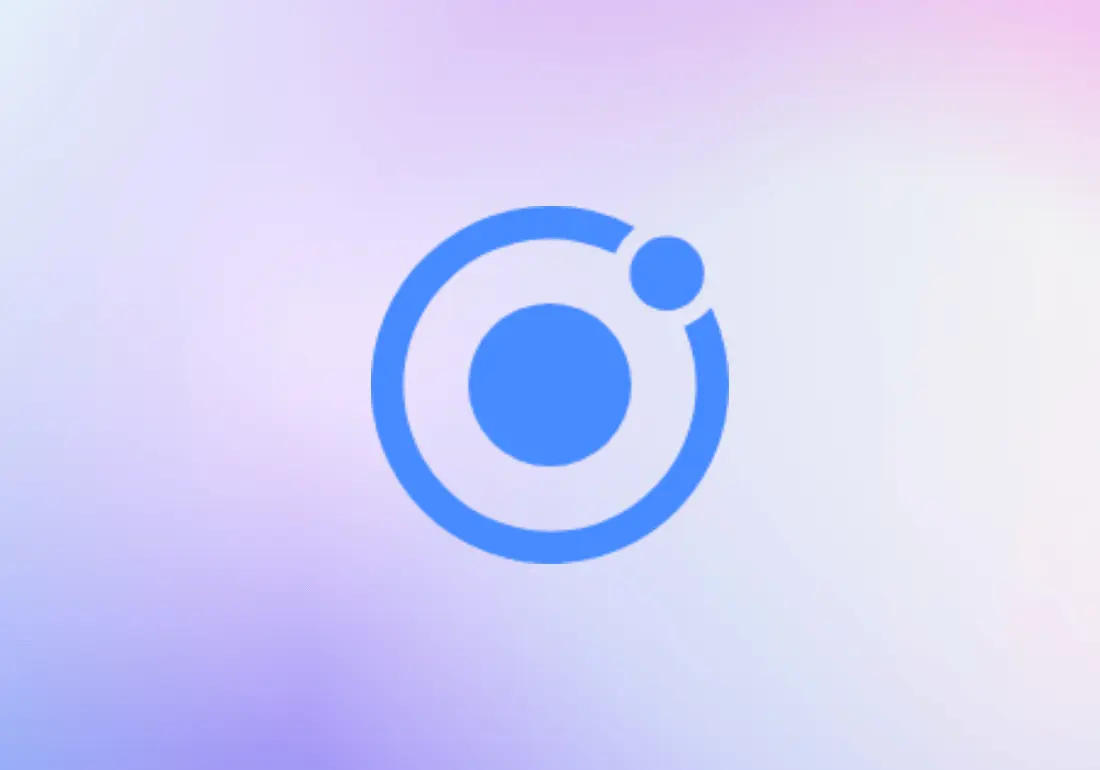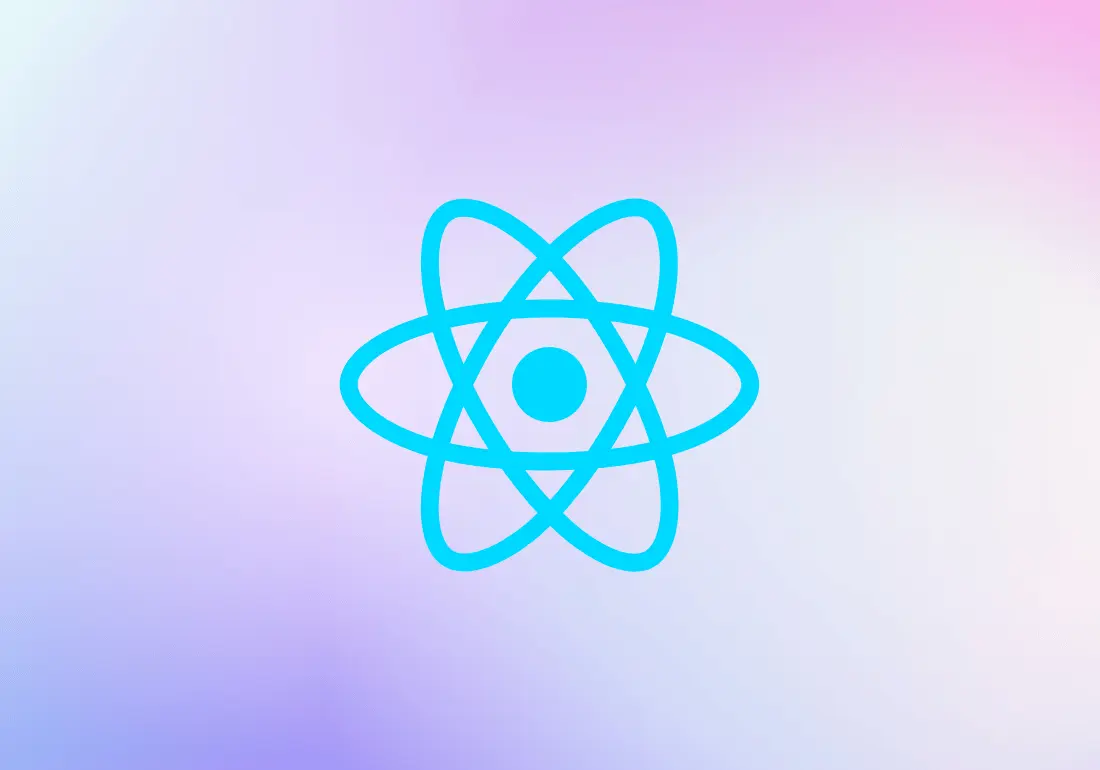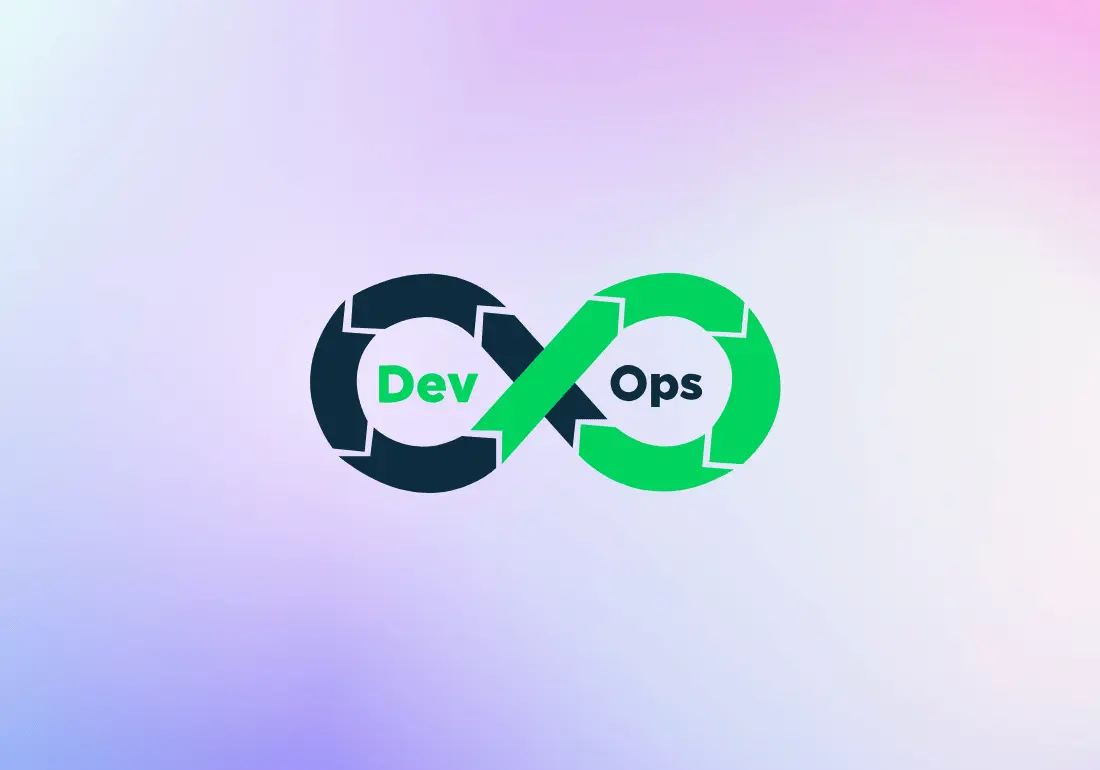Best Bioinformatics Training in Chennai
Modules Covered in Bioinformatics Training In Chennai: Sequence Analysis, Gene and Protein Expression, Structural Bioinformatics, Network and Systems Biology, Bioinformatics Databases, Software, and Tools
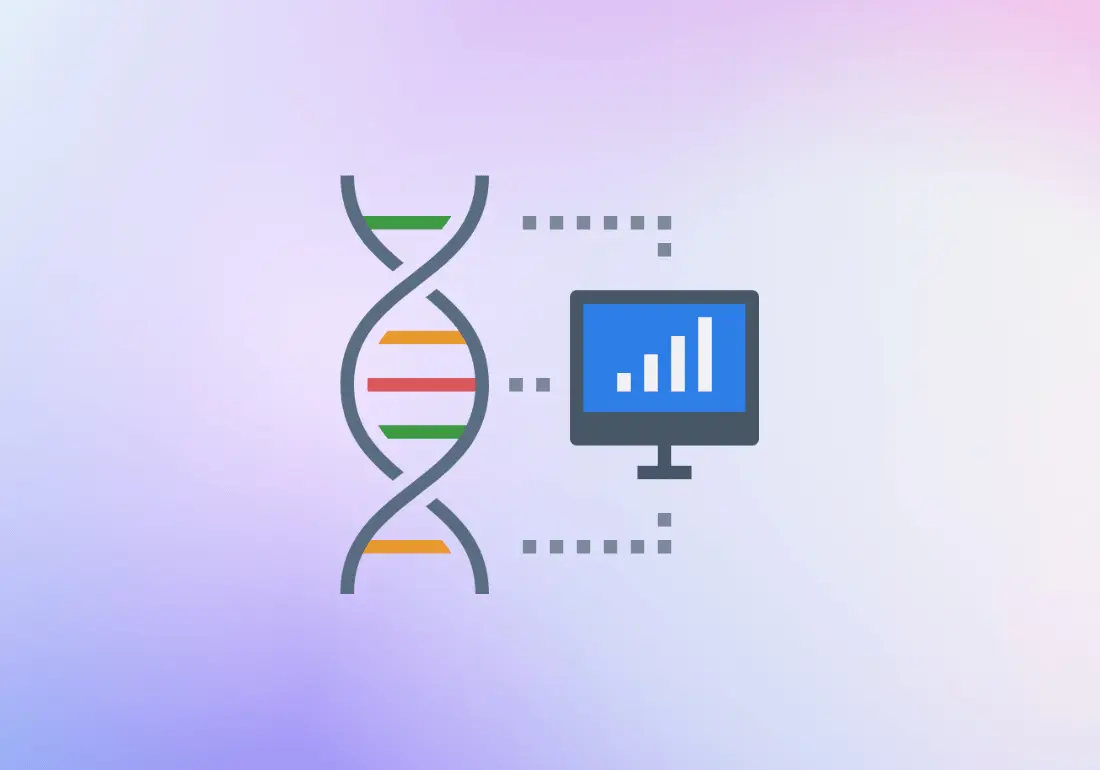
Introduction to Bioinformatics
Bioinformatics is an interdisciplinary course which leverages software tools to design, develop and analyze biological data. It also deals with the method of storing and retrieving biological data. Bioinformatics serves as in-silico environment to study protein sequence, protein structure, functions, pathways and genetic interactions. It also deals with multivarious fields such as algorithms, databases, information systems, data mining, structural biology, drug modeling, simulation and statistical analysis of various data. Bioinformatics is a vast field which involves lot of concepts, algorithms, tools, software, mathematical calculations and statistical analysis.
To put it in a nutshell Bioinformatics comprises of following main courses.
Sequence analysis
Gene and protein expression
Structural bioinformatics
Network and systems biology
Databases
Software and tools
Among the aforementioned list of bioinformatics courses, we at Ampersand Academy focus on the three main topics which are Structural Bioinformatics, Databases and Software & Tools. We offer excellent hands on training in the bioinformatics topics. Having nearly a decade of experience in bioinformatics, our trainer carries an immense knowledge and experience in the field of drug design, bioinformatics databases, protein engineering, structural engineering and various software & tools involved in the bioinformatics, which makes us the best institute for bioinformatics in Chennai. What makes us stand out is our course curriculum and trainer. We offer one of the best course curriculums for bioinformatics in Chennai.
Methodology
Bioinformatics is course work which involves both theory and practical sessions. We have developed an approach which is proven to benefit the students in learning the course easily. At the outset of the course, theoretical sessions on the basics of the macromolecules, basic bioinformatics theory will be conducted which runs for few hours. From then, practical sessions will kick-start. Students will be made to understand the concept and tools from the scratch. We transfer the knowledge even on how to install the software used in bioinformatics and at the end of the course students will have gained deep knowledge on the concepts and tools. Furthermore, our course enables students to independently handle the projects on their own. We give enough materials which can be leveraged by the students for reference. Our approach and methodology has proven to be outstanding, making us the best institute for bioinformatics training in Chennai.
COURSE OVERVIEW
Bioinformatics Training in Chennai
At Ampersand Academy, our Bioinformatics Training program offers a thorough exploration of bioinformatics concepts, designed to equip you with the skills needed for advanced analysis in the field. The course covers essential topics such as sequence analysis, gene and protein expression, structural bioinformatics, network and systems biology, and the use of relevant databases, software, and tools. Led by experienced trainers with deep expertise in bioinformatics, the program features hands-on projects and real-world applications to ensure practical learning. Flexible learning options, including both classroom and online sessions, are available, along with robust job assistance to help you excel in the bioinformatics field.
Bioinformatics Course Curriculum
What Ampersand Academy provides for Bioinformatics
1. Introduction to Bioinformatics
- Overview of Bioinformatics
- Definition and scope.
- Interdisciplinary nature of bioinformatics.
- History and Evolution
- Milestones in the development of bioinformatics.
- Key contributors and their discoveries.
- Applications in Biological Research
- Genomics and proteomics.
- Evolutionary biology and phylogenetics.
- Personalized medicine and drug discovery.
2. Basics of Molecular Biology
- DNA, RNA, and Protein Structure
- Structure and function of nucleotides.
- DNA double helix and RNA structures.
- Protein folding and structure.
- Genetic Code and Transcription/Translation
- Central dogma of molecular biology.
- Gene expression and regulation.
- Basic Bioinformatics Tools and Databases
- Overview of common bioinformatics databases (NCBI, EMBL, DDBJ).
- Introduction to basic tools (BLAST, ClustalW).
3. Introduction to Molecular Docking
- What is Molecular Docking?
- Definition and purpose.
- Importance in Drug Discovery
- Role in identifying potential drug candidates.
- Types of Docking: Ligand-Based vs. Structure-Based
- Differences and applications.
- Advantages and limitations of each approach.
4. Protein-Ligand Interactions
- Understanding Protein Structures
- Primary, secondary, tertiary, and quaternary structures.
- Active Sites and Binding Pockets
- Identification and characterization.
- Ligand Preparation and Optimization
- Structural optimization for better binding.
- Computational techniques for ligand preparation.
5. Docking Algorithms and Software
- Overview of Docking Software
- Commonly used software: AutoDock, MOE, Schrodinger.
- Setting Up Docking Simulations
- Preparing input files and configuring parameters.
- Analyzing Docking Results
- Interpreting binding scores and poses.
- Visualizing protein-ligand interactions.
6. Advanced Docking Techniques
- Scoring Functions and Pose Selection
- Different types of scoring functions.
- Criteria for selecting the best poses.
- Handling Protein Flexibility
- Techniques to account for protein movement.
- Virtual Screening and Lead Optimization
- High-throughput screening methods.
- Iterative optimization of lead compounds.
7. Computer-Aided Drug Design (CADD)
- Introduction to CADD
- Role and significance in drug development.
- Structure-Based Drug Design
- Rational design using protein structures.
- Ligand-Based Drug Design
- Designing drugs based on known ligands.
- Pharmacophore Modeling
- Identifying and modeling pharmacophores.
8. Quantitative Structure-Activity Relationship (QSAR)
- Basics of QSAR
- Concepts and significance.
- Building QSAR Models
- Data collection and preparation.
- Model building and validation.
- Applications in Drug Design
- Predicting biological activity.
- Optimization of drug candidates.
9. Pharmacokinetics and Pharmacodynamics (PK/PD)
- Introduction to PK/PD
- Basic concepts and definitions.
- Modeling and Simulation
- PK/PD models and their applications.
- Applications in Drug Development
- Predicting drug behavior in the body.
10. Case Studies and Practical Applications
- Real-World Examples of Molecular Docking and CADD
- Successful case studies in drug discovery.
- Hands-On Projects
- Practical exercises in molecular docking and CADD.
- Group Presentations and Discussions
- Collaborative learning and knowledge sharing.
11. Ethical and Legal Considerations
- Ethical Issues in Bioinformatics and Drug Design
- Data privacy and ethical concerns.
- Intellectual Property and Patenting
- Protecting innovations in drug design.
- Regulatory Aspects
- Understanding regulatory requirements.
12. Future Trends and Technologies
- Emerging Technologies in Bioinformatics
- CRISPR, AI in bioinformatics, and more.
- Future Directions in Drug Discovery
- Innovations and upcoming trends.
- Career Opportunities in Bioinformatics
Course Duration and Planning
Our Bioinformatics Training course extends over 35+ hours of detailed, trainer-led instruction. The program is carefully structured to provide a comprehensive understanding of key bioinformatics topics, including sequence analysis, gene and protein expression, structural bioinformatics, and network biology. Training sessions are tailored to fit your schedule, with flexible options for both classroom and online learning, ensuring complete coverage of the syllabus. The table below outlines our approach to delivering this training.

Who Is this course for?
Skills you can add to your CV:
Scope of Bioinformatics
Bioinformatics has great scope in India. It has scope from job perspective to research perspective. Though there is not much job openings for bioinformatics compared to other software courses, bioinformatics has slowly gained attention and has increased tremendously over the past few years. Students who are into biotechnology-related research have great advantage in learning the course. Various positions offered for bioinformatics include:
Prerequisite to join Bioinformatics Course
Various positions offered for bioinformatics include
Placement Stats
Mazimum Salary Hike
Average Salary Hike
Our Alumni In Top Companies




Career Assistance We Offer
We provide extensive career support to help you excel in the field of Bioinformatics. Our services include personalized coaching, resume enhancement, interview preparation, and job placement assistance, ensuring you are well-prepared to secure top roles in the industry.
Trusted and Recommended: 4.9 Stars Everywhere You Look
Ampersand Academy has consistently received 4.9-star ratings on Google, Facebook, UrbanPro, Sulekha, and Just Dial, reflecting our commitment to providing exceptional education and support.
In-Depth and Engaging
Excellent for Beginners and Experts Alike
Comprehensive and Practical
FAQ for Bioinformatics Training at Ampersand Academy
1. What is Bioinformatics?
Bioinformatics combines biology, computer science, and information technology to analyze and interpret biological data. It involves the use of software and algorithms to understand complex biological processes, genetic sequences, and molecular structures.
2. Who should enroll in the Bioinformatics training course?
Our Bioinformatics training is ideal for clinical research professionals, biotechnologists, mathematicians, statisticians, data analysts, BI professionals, insurance analysts, data science professionals, healthcare analysts, and retail analysts.
3. What are the key modules covered in the Bioinformatics course?
The course includes:
- Sequence Analysis
- Gene and Protein Expression
- Structural Bioinformatics
- Network and Systems Biology
- Databases
- Software and Tools
4. How long is the Bioinformatics training course?
The Bioinformatics training course spans over 50+ hours of comprehensive, trainer-led instruction. The curriculum is designed to cover all essential aspects of Bioinformatics thoroughly.
5. What is the format of the training?
We offer flexible training formats, including classroom-based, online, and hybrid sessions, to accommodate your schedule and learning preferences.
6. Who are the trainers for this course?
Our trainers are experienced bioinformatics professionals with extensive backgrounds in molecular biology, data analysis, and computational biology. They bring a wealth of practical knowledge and industry insights.
7. How does the training help with practical skills?
The course includes hands-on projects, case studies, and real-world applications to ensure that you can effectively apply theoretical knowledge to practical scenarios in Bioinformatics.
8. Is there any support for project work during the training?
Yes, we provide comprehensive project assistance, including guidance on project design, execution, and analysis, as well as access to relevant resources and tools.
9. What career support is available after completing the course?
We offer career assistance that includes resume building, interview preparation, job placement support, and access to our extensive alumni network for valuable job leads and mentorship.
10. Will I receive a certificate upon completing the course?
Yes, upon successful completion of the Bioinformatics training, you will receive a certificate from Ampersand Academy, validating your expertise and skills in Bioinformatics.
11. Can I get certification assistance for Bioinformatics?
We provide certification assistance, including mock exams and study materials, to help you prepare for official Bioinformatics certifications.
12. Are there any prerequisites for enrolling in the course?
Basic knowledge of biology, statistics, and computer science is recommended. However, we provide foundational coursework for those who need to build their understanding of these subjects.
13. How can I register for the Bioinformatics training course?
You can register by contacting us directly through our website or by phone. We will provide you with all the necessary information to complete your enrollment.
14. What are the benefits of the Bioinformatics course?
The course equips you with advanced skills in data analysis, sequence analysis, and molecular biology, enhancing your ability to contribute to research and development in various scientific and medical fields.
15. How can I contact you for more information?
For more information or to schedule a free demo session, please reach out to us via our website or contact us directly by phone. Our team will be happy to assist you with any queries.

